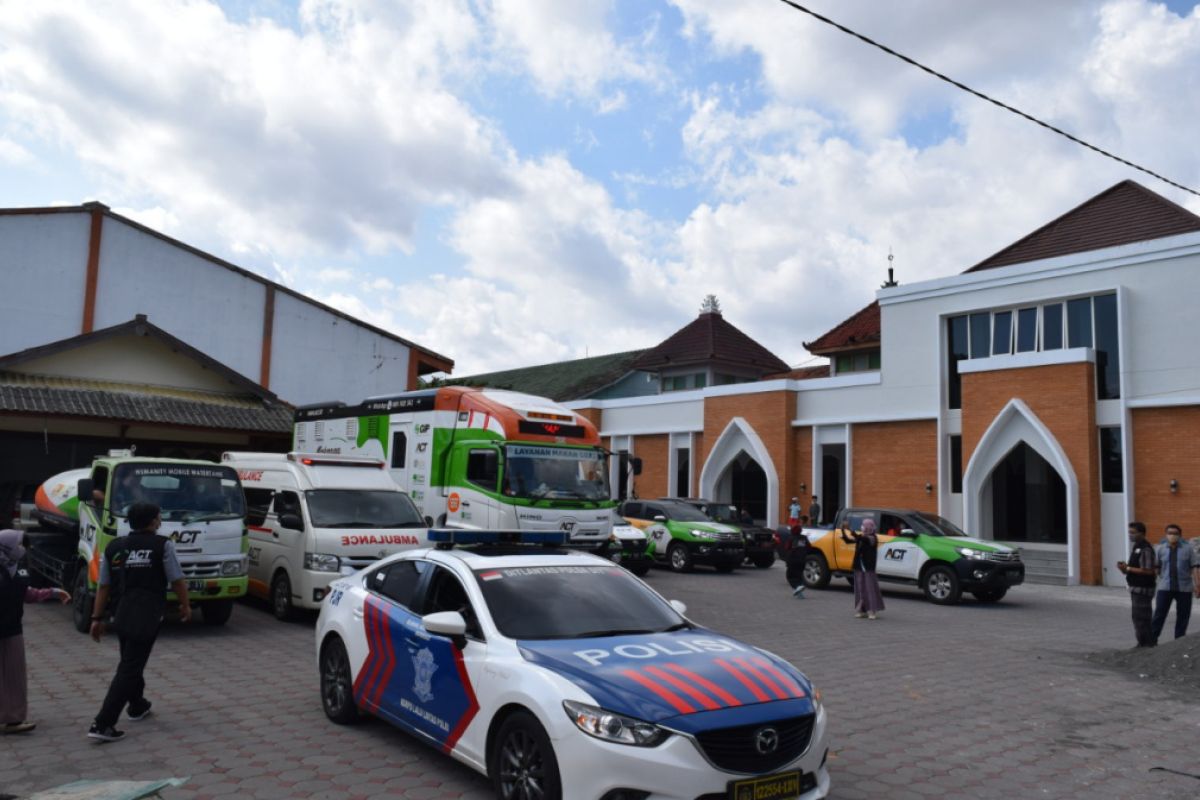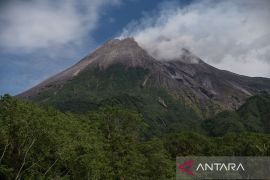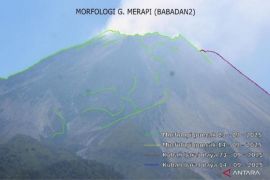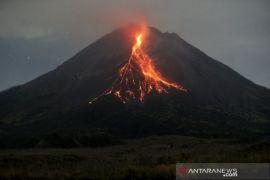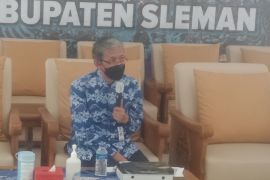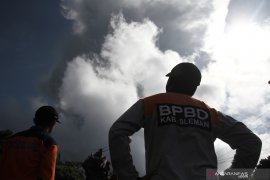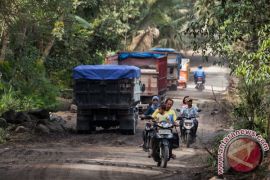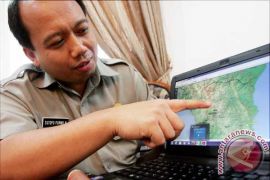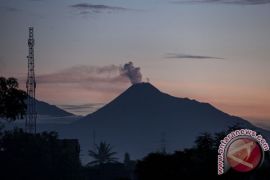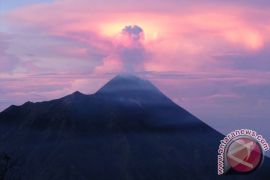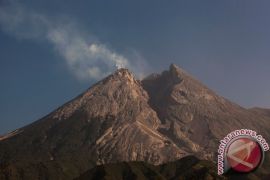This situation has evidently brought to light the resilience of sister villages in undertaking disaster mitigation efforts. Residents from safe villages assist those from affected villagesJakarta (ANTARA) - The National Disaster Mitigation Agency (BNPB) reported that over one thousand residents were evacuated to the districts of Boyolali, Magelang, Klaten, and Sleman after a spike in Mount Merapi's volcanic activities.
Most evacuees are vulnerable people, such as seniors, kids, toddlers, pregnant women, people with disabilities, and breastfeeding mothers, the agency's spokesperson, Raditya Jati, was quoted by ANTARA as saying here, Thursday.
Some 835 of the total evacuees were shifted to Magelang District, Central Java, while 203 others were evacuated to Sleman District, Yogyakarta; 133 to Boyolali District, Central Java; and 123 to Klaten District, Central Java, he stated.
The evacuees have been accommodated in temporary shelters. During their stay, they have seen served meals and beverages as well as offered medical services, he noted.
Volunteers cook meals in public kitchens and mobile kitchen trucks while those working at emergency public health centers provide 24-hour standby services, Jati remarked, adding that village administrators offered places and volunteers for the evacuees.
"This situation has evidently brought to light the resilience of sister villages in undertaking disaster mitigation efforts. Residents from safe villages assist those from affected villages," he stated.
Early this week, the Indonesian Red Cross (PMI) had dispensed several thousand hamzat suits and face shields to protect affected residents in disaster zones of Mount Merapi's increasing volcanic activities in Yogyakarta and Central Java amid the COVID-19 pandemic.
In addition to handing out hazmat suits, face shields, and surgical masks, the PMI deployed its volunteers to the disaster zones to assist in the evacuation of those in need and facilitate other mitigation efforts.
According to PMI Secretary General Sudirman Said, the aid packages were doled out to displaced people residing in temporary shelters and rescuers on the ground to protect them from the circulating volcanic ash that may have a dire impact on their respiratory health.
For aiding the evacuation and mitigation endeavors, the PMI also dispatched two Hagglunds to areas not easily reachable by vehicles.
Mount Merapi has frequently erupted over the past decade. In 2010, ANTARA noted that its eruption claimed some 300 lives.
On June 21, 2020, the 2,930-meter-high volcano, situated on the border of Yogyakarta's Sleman District and Central Java Province, again erupted twice, producing a six thousand-meter-high ash column.
During that time, Head of the Sleman District Disaster Mitigation Agency (BPBD) Makwan revealed that the height of the ash column of the first eruption was estimated at six thousand meters from Mount Merapi's peak, while its amplitude was recorded at 75 millimeters.
However, no ash rain was produced in the two eruptions, and the situation remained safe in Glagaharjo Village, Cangkringan Sub-district, Sleman District, Yogyakarta Province, he confirmed.
Meanwhile, on November 9, 2020, some 50 villagers, largely toddlers, pregnant women, and seniors, residing on Mount Merapi's slopes were evacuated to temporary refugee camps in Tlogolele, Selo, Boyolali, Central Java, as a precautionary measure against the volcano's eruption.
According to Solekan, a local community leader, and volunteers, the evacuees were from the villages of Dukuh Stabelan and Takeran. The number of evacuees is expected to increase as more residents would soon be moved to a safer area, he stated.
Joint teams, comprising the military, police, PMI (Red Cross), local disaster mitigation officers, and volunteers, conducted the evacuation by applying requisite health protocols against COVID-19, he remarked.
Related news: Evacuee count following Mt Merapi eruption increases to 203
Related news: PMI distributes hazmat suits in Mount Merapi's disaster zones
EDITED BY INE
Translator: Indra AP, Rahmad Nasution
Editor: Fardah Assegaf
Copyright © ANTARA 2020
